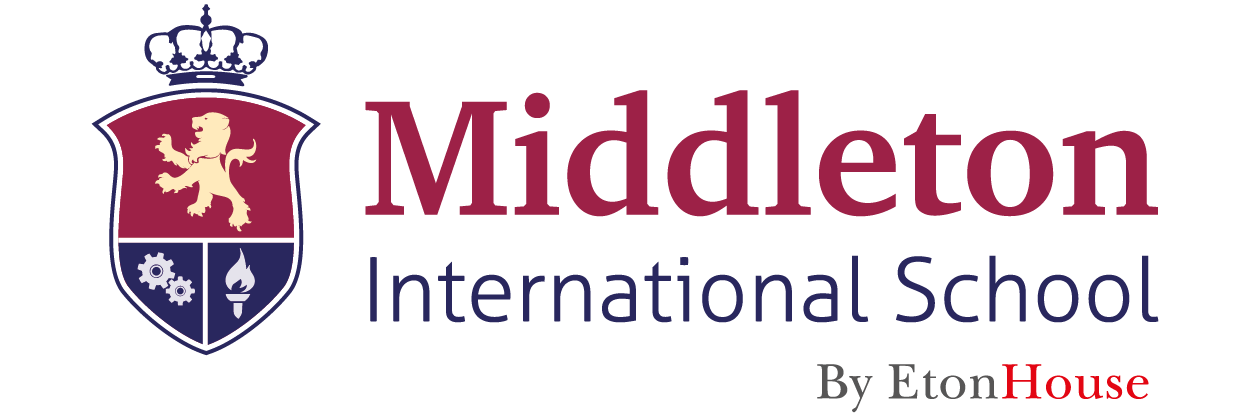
Woojin Chang
Woojin Chang, Academic Counsellor at Middleton Tampines since 2024, has extensive experience in academic guidance, having worked at leading international schools in Mainland China and Macau, as well as serving as Associate Director of Admissions for SCAD in East and Southeast Asia. With degrees in Political Science and International Commerce, a College Counseling Certificate from UC San Diego, and an MBA in progress from the University of Liverpool, Woojin is well-equipped to support students in discovering their best-fit university and career paths. He is a passionate mentor and a member of the International Association for College Admission Counseling (IACAC).
When selecting a university, graduation rates might not always be top of mind, but they are a critical indicator of an institution’s quality and its ability to support student success. Graduation rates refer to the percentage of full-time, first-time degree-seeking students who complete their programs within 150% of the standard duration (e.g., six years for a four-year degree). For prestigious institutions like Ivy League universities, these rates often range between 95% and 97%, underscoring their commitment to guiding students through to completion.
Why Graduation Rates Matter
Graduation rates are closely tied to a university's reputation and operational success. High graduation rates signal robust academic support systems, well-structured programs, and an engaged student body. In global and regional university ranking systems, graduation rates are a key criterion, influencing how universities are perceived on the world stage.
Conversely, low graduation rates often reflect systemic issues, such as inadequate academic support, disengaged students, or poorly designed curricula. Students who leave or transfer often cite feelings of being unsupported, dissatisfied with the program, or mismatched with the university's culture.
For universities, retaining students goes beyond reputation. It directly impacts operational efficiency and financial stability. Tuition fees fund a significant portion of university operations, and losing students mid-program can create challenges in budgeting and resource planning. For example, universities allocate resources such as faculty hiring, classroom expansion, and campus infrastructure based on enrollment projections. Unexpected student attrition disrupts this balance, potentially leading to financial strain.
How Universities Adapt
To mitigate these challenges, many universities focus on admitting "good students" who are likely to graduate on time. This definition goes beyond academic excellence and encompasses factors like resilience, adaptability, and cultural fit. Admission processes are increasingly designed to assess these qualities.
For instance, Harvard University’s recent short-answer essay questions delve into personal values and experiences:
- How will your life experiences enable you to contribute to Harvard’s diverse community?
- Describe a time when you disagreed with someone. How did you handle it, and what did you learn?
- What are the top three things your roommates might like to know about you?
These questions highlight the importance of alignment between students and the university community, focusing on traits that contribute to both individual and institutional success.
Preparing Middleton Students for University Success
At Middleton International School, we aim to help students find universities where they will thrive academically and personally. Through initiatives such as university presentations and workshops by professors from prestigious institutions, our students gain firsthand insights into university life and academic rigour. These opportunities allow them to evaluate potential schools beyond rankings and statistics.
Additionally, we encourage students to reflect on their goals and consider factors like culture, curriculum, and community. Selecting the "right fit" university is not just about gaining admission but about choosing a place where they can successfully complete their academic journey and build a foundation for their future.
Graduation rates offer valuable insights into a university’s ability to support its students. However, the most important factor for students is finding a university that aligns with their aspirations and values. At Middleton, we’re proud to provide the resources and guidance needed to make informed decisions, ensuring that every student finds their perfect academic home.

.jpg)